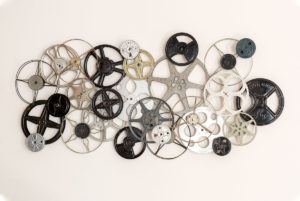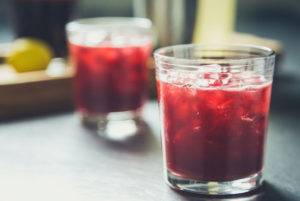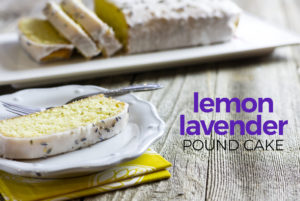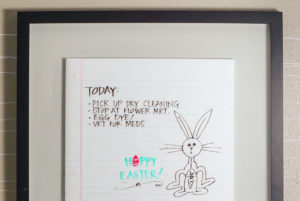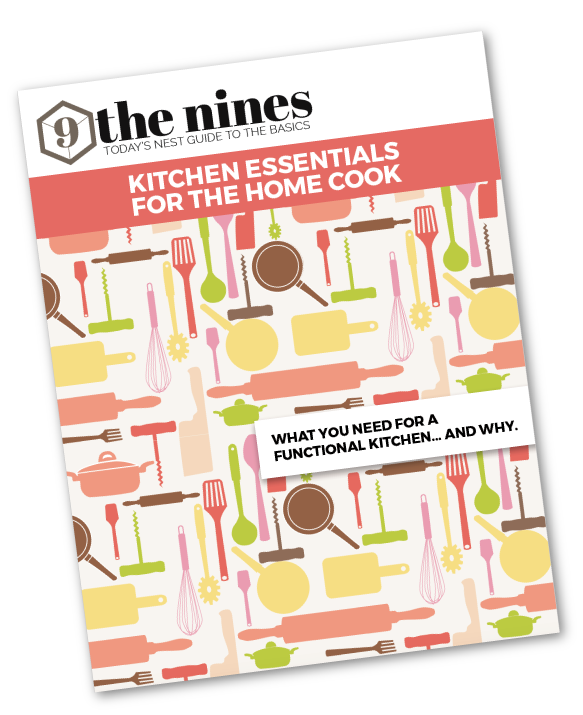Boiled eggs are a terrific source of protein, low in calories, and downright tasty. For those trying to control their weight, eggs (particularly the whites) make a super snack. If you’re not so worried about that or you’re throwing caution to the wind and you just want to make some eggs for Easter or one of these Deviled Eggs 3 Ways, you will be happy to know there is a tried and true method for perfect eggs.
Finding egg balance still eludes many. For soft boiled eggs, the struggle is getting the egg white to cook to a solid state without the yolk cooking to solid. For that reason, we start with hot water. The white begins cooking right away, but the yolk takes some time to catch up. Hard-boiled eggs require a different approach because our goal is to have them cook more evenly, resulting in both white and yolk being solid. That requires starting with cold water and gradually building the heat evenly.
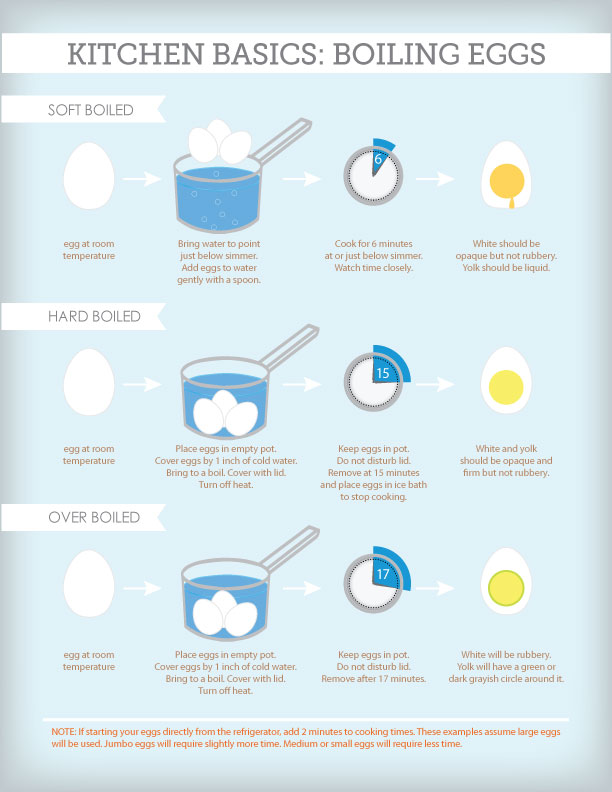
More to consider…
- By the time you get to green or grayish coating on the yolks, expect your eggs to stink.
- Older eggs boil better than fresh eggs.
- Want clean slices of hard boiled egg? Use a sharp knife and wet it between slices.
- Ideally, boiled eggs should be stored in their shells. Unshelled eggs will last for a few days in the refrigerator. Shelled eggs will last a few days more.
- Set a timer. 30-60 seconds of variation can change your outcome.
- Soft boiled eggs should be served right away. Place them in an egg cup, use the side of a spoon to lightly crack all the way around the top third of the shell and remove. Use a spoon or toast points to eat.
- Don’t skip the ice bath or cooling process for hard boiled eggs or they will continue to cook.
- Remove shells from hard boiled eggs by cracking gently on a flat surface. Then roll the egg between your palms to crack all over. Shells should peel away easily.
Check out Know Your Food: Egg Basics for even more egg-citement.



